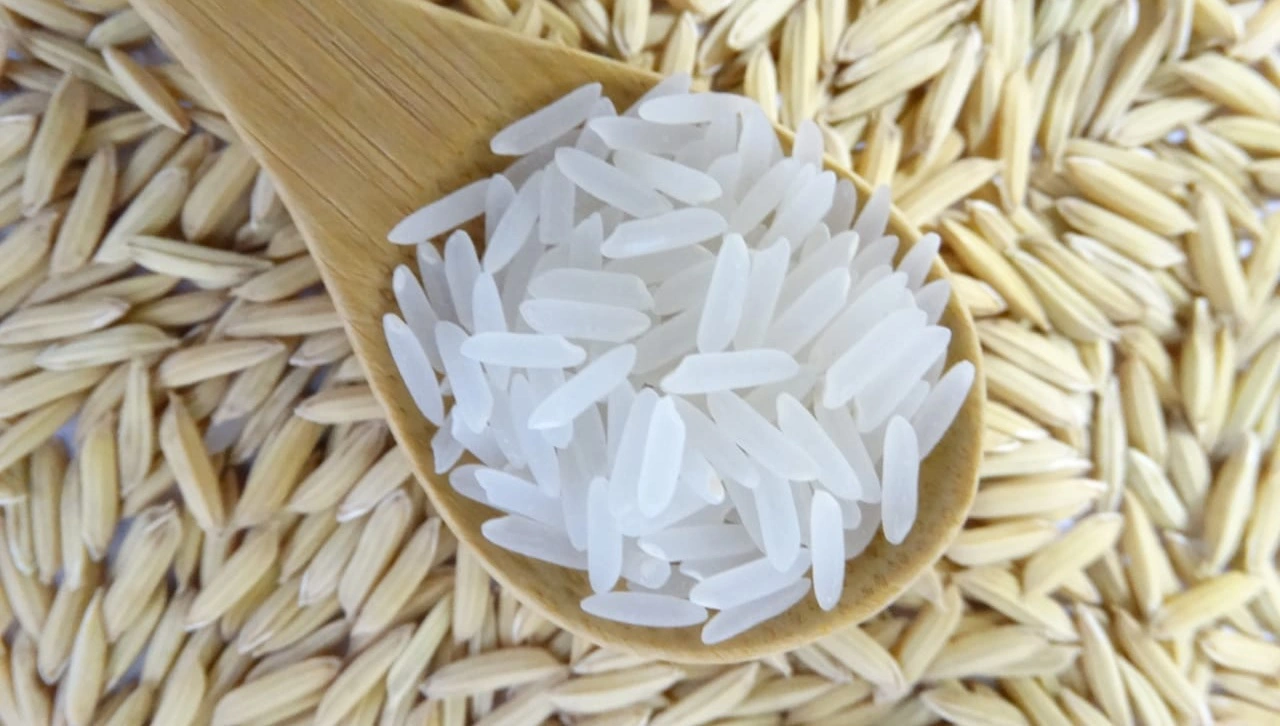In 2020, Embrapa unveiled the BRS A502, an adaptive rice variety that has reshaped farming in Brazil’s Cerrado.
By 2023, it propelled Goiás’s rice cultivation under pivot irrigation from 3,000 to 15,000 hectares, equating to flooded rice in productivity.
Spanning Goiás, BRS A502 thrives from east to west, south to north.
This shift to sustainable pivot systems has led to record harvests, like Fazenda Paineiras’s 148.3 bags per hectare.
Emprapa, the Brazilian Agricultural Research Corporation, plays a crucial role in advancing agricultural innovation and sustainability across Brazil.
Adriano Castro attributes BRS A502’s success to strategic management and crop rotation.
Its superior grain quality makes it a sought-after cultivar, capable of impressive yields on fertile soil.

Rodrigo Sérgio e Silva highlights rice as a lucrative crop, revitalizing irrigation areas and enhancing subsequent crop productivity.
BRS A502’s integration into farming systems spells profit for growers.
In Minas Gerais, where much of Brazil’s irrigation lies, BRS A502 is taking root, signaling expansion. This local demand surge offers Minas Gerais farmers promising business avenues.
Embrapa’s role in disseminating farming insights to Goiás, Minas Gerais, and Mato Grosso fosters agricultural excellence.
This innovation heralds a bright future for Cerrado rice farming.
Background
This innovation marks a pivotal moment in Brazilian agriculture, reflecting Embrapa’s commitment to sustainable farming solutions.
The BRS A502 cultivar’s success story in Goiás is a testament to the potential of scientific research in transforming crop production.
Historically, the Cerrado region faced agricultural challenges due to its unique climate and soil conditions.
Embrapa’s breakthrough addresses these issues, offering a rice variety suited to the region’s environment.
The widespread adoption of BRS A502 across Goiás signifies a shift towards more resilient agricultural practices.
As rice farming expands to Minas Gerais, it showcases the scalability of Embrapa’s research beyond state borders.
This development boosts local economies and secures Brazil’s position as a leading global rice producer.
Ultimately, Embrapa’s innovation in rice cultivation sets a new standard for crop production in Brazil, promising a future of increased yields and sustainable farming.

